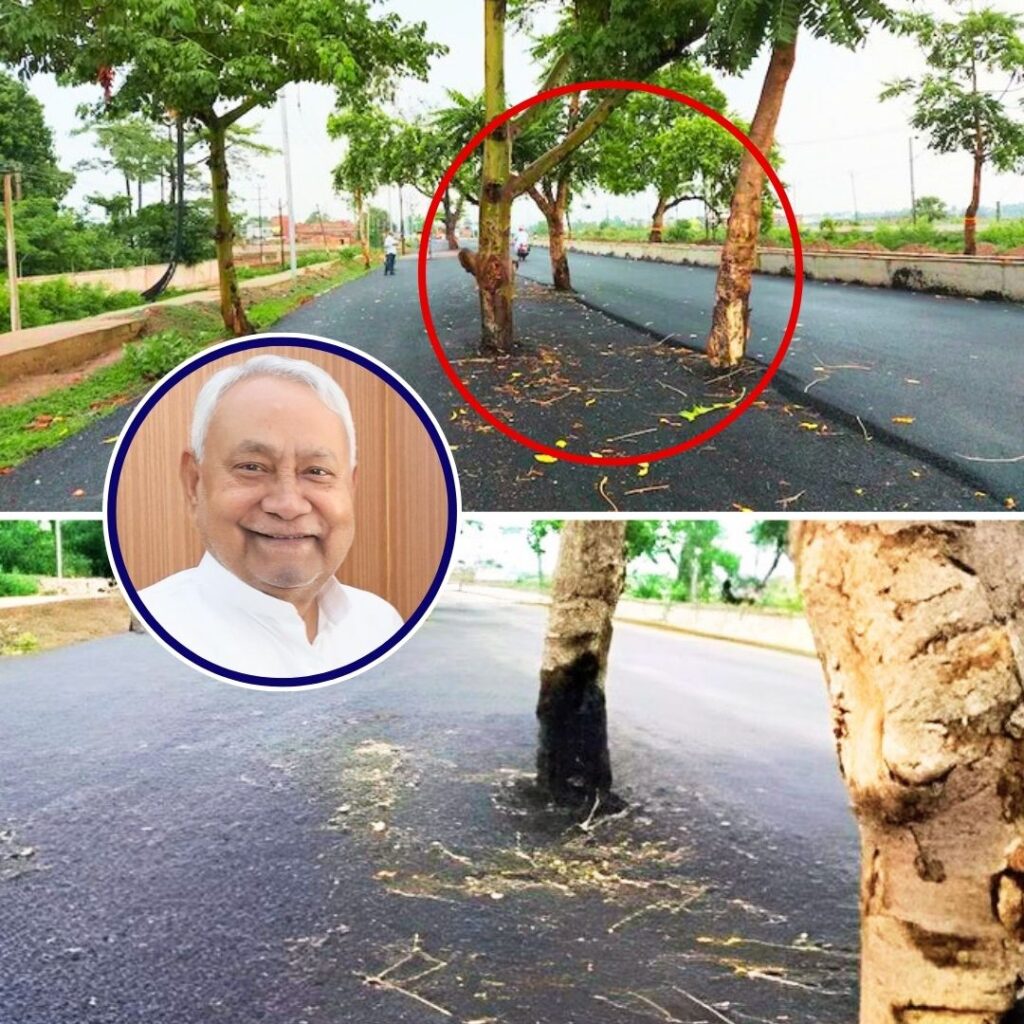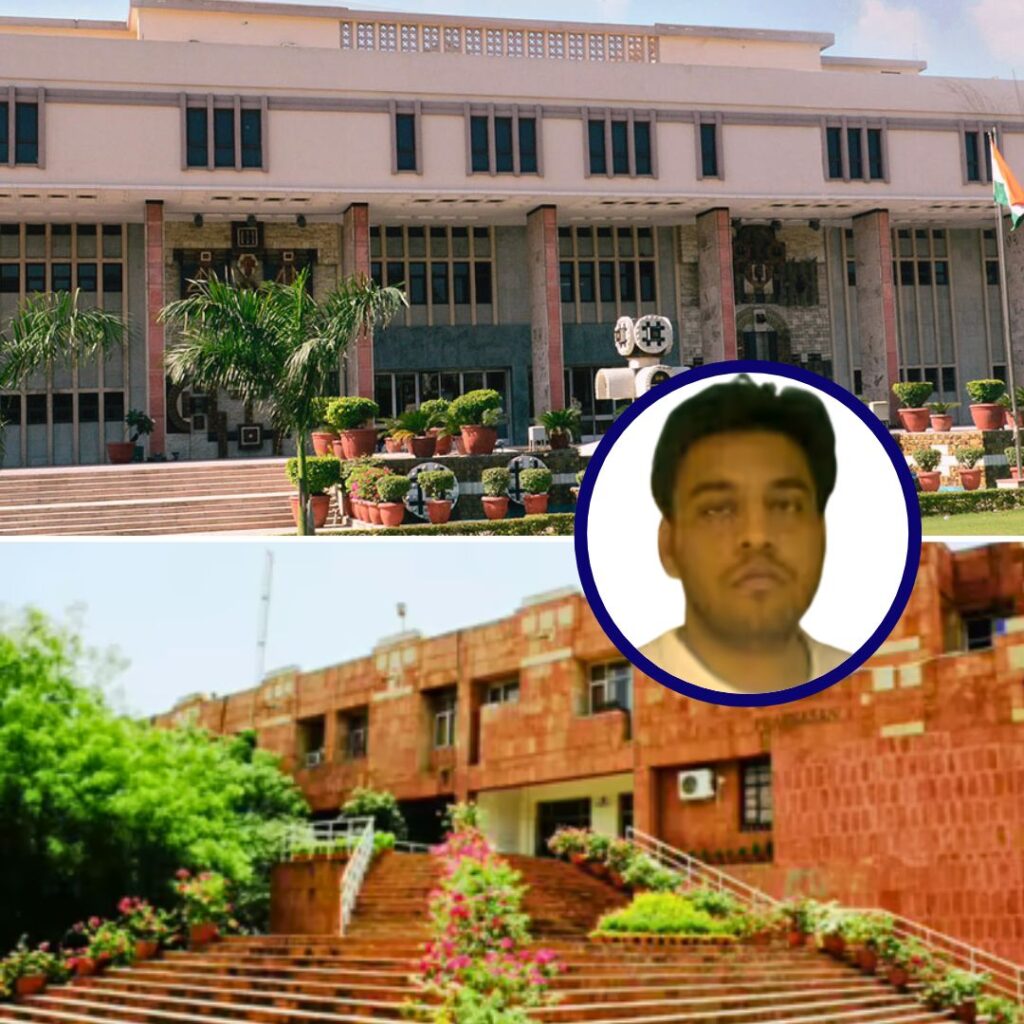We’ve all heard the famous dictum ‘If life gives you a lemon, make lemonade out of it.’ Simply put, it means that if life gives you a challenge; make an opportunity out of it. This story shines a light on how innovative ideas can turn around the most complex issues.
Flex banners are a common nuisance, a necessary evil and part and parcel of our urban landscape. Most are made of what we commonly call flex (polyvinyl chloride), a material similar to plastic. Its durability and cost effectiveness makes it a preferred material for display. Plastic Flex is harmful since it doesn’t dissolve on its own but an effort to use it in alternative ways for some good can considerably reduce the harmful effects to a large extent.
This story tells us about how we can make lemonade out of this tough lemon by creatively connecting it to the challenges the people Goonj work with.
Back in 2013, Goonj used a big flex roll (contributed by a corporate) to cover the leaking roof of a school in the higher interiors of Gangori in Uttarkashi (Achrumal Saraswati Shishu Mandir School). For more than one year, the school was saved from worry and misery during the monsoons due to this flex. Flex pieces were also sent to various villages in Uttron & Nald (Uttarakhand) for different occasions. During the Uttarakhand floods when Goonj asked the masses to contribute their used flex, the same was put to multiple uses; on Goonj centre flooring to guard against moisture and cold, covering a lot of shanties (labour tin sheds) spread across far-flung harsh terrains of Uttarkashi and Guptkashi. Goonj’s 2700 sq ft processing centre at Rishikesh is still floored with the flex to ease the severe cold for the team working there and also to make it easier to clean the cemented flooring.
Reena, a Goonj Delhi team member, shares how the idea of using flex (in making of Green by Goonj products) struck her, “I was discussing a product with Bijay ji (the workshop supervisor). I needed to buy a lot of Bukram to ensure stiffness in our products. One day I experimented with flex and used it instead of Bukram (as a base in making men’s wallet). It worked beautifully. Gradually we started using flex in many of our Green by Goonj recycled product. It’s definitely made our products more durable and strong.”
“These flexes have also been very useful in protecting our walls from moisture particularly when there is an absence of direct sunlight. As a result, flexes have been sent to our offices in Bihar, Uttrakhand and Odisha as well. This, in turn, has helped in safeguarding our material stocks across the country. In Goonj’s warehouse in Bihar (Bargaon- Saharsa district) a thick layer of the flex was used as roofing to cover it.”
“After the 2008 Bihar floods, we were making a lot of stitching centres using local resources (Bamboo) and renovating abandoned structures under Goonj’s Cloth For Work initiative. Flex was used for roofing and covering the walls of these centres. Over the years these centre have provided livelihood to many women in the neighbouring 6 to 7 villages. At the Goonj stitching Center at Keshopur (Medhepura district) alone, so far 750 girls and women have undergone training while many have gone on to purchase their stitching machines.”
Sitting mats
Flexes are also being used as sitting mats in various schools; cut into pieces and used like a dari where there was nothing or a tattered mat to sit on earlier. At many Chehak Centres started by Goonj (informal tuition centres, complementing the formal government school education) flex is taking the place of the expensive tarpaulin, while the same funds are used for other pressing needs. Two Chehak Centres (one in Saharsa and another in Purnea district) are currently operational with over 200 children. The parents take the ownership of the centre. Goonj continues its material support to run these centres.
An innovative idea they have recently implemented is about the Flex pouches for MY Pads(cloth sanitary pads) to women in far-flung villages. These pouches are useful for women who step out of their homes to work in the day. Most don’t have any place to securely and cleanly keep their used cloth for washing and reusing later.
Pouches with flex banner
Bearing in mind this practical difficulty, the little pouch made from flex banners and tarps (used ones) are leak proof, cheap and a sustainable way of making reuse of cloth possible. The idea came from a Goonj team member who uses My Pad herself. She pointed out the need for having something to store it until she found a place to either dispose it or wash it. So far more than 13,000 such pouches have been made and reached out in many states like Maharashtra, Uttarakhand. Bihar, Bengal, MP apart from many slums of Delhi and NCR along with the ‘My Pad’.
“Let’s improve the world before we change it. We are doing our bit by reusing these flexes in the best way possible. We are sure that there are many ot…












